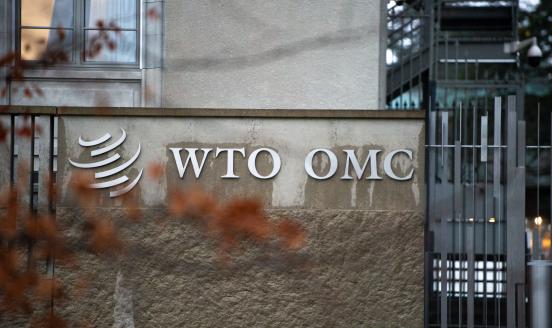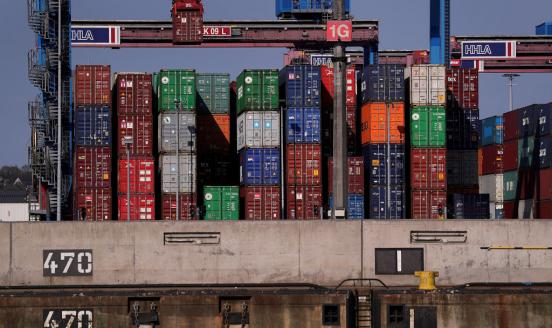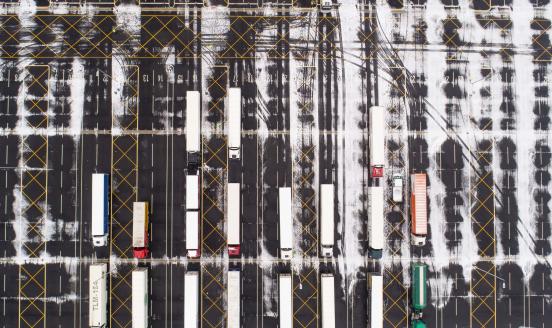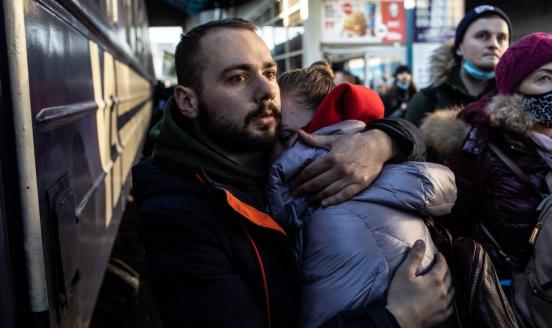Is the post-war trading system ending?
This policy contribution assesses how the trading system has changed over the last five years
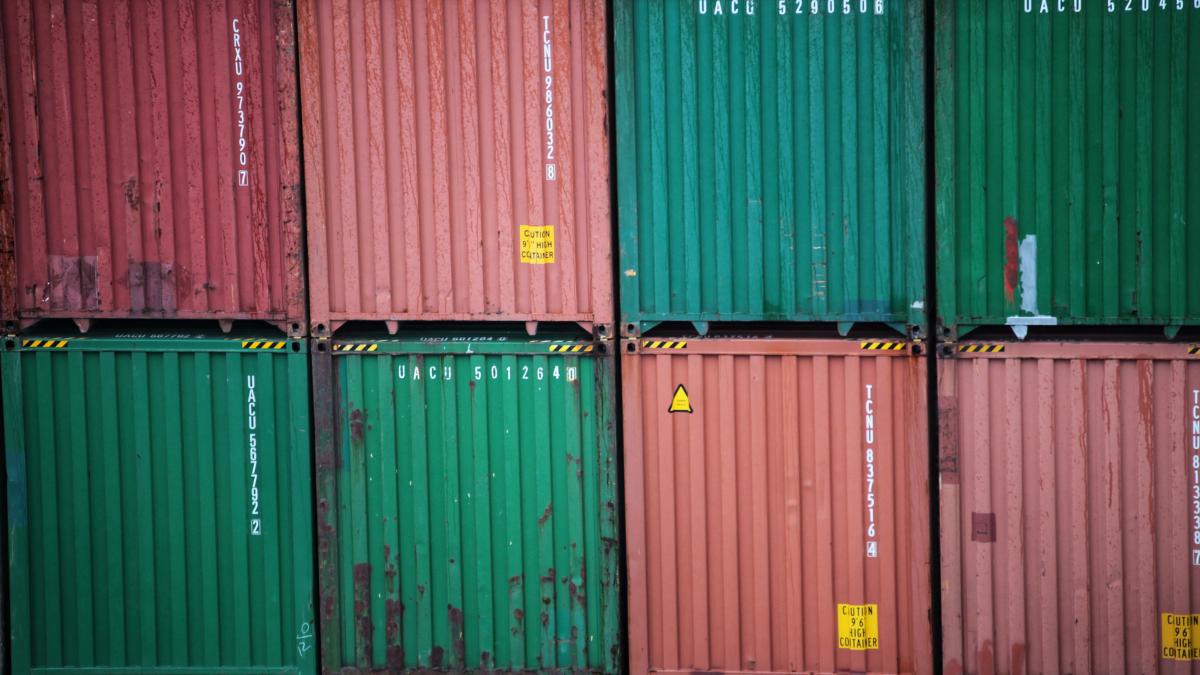
The world trading system is reeling from the trade war between China and the United States, the disabling of the World Trade Organisation Dispute Settlement Understanding and repeated rule-breaking by WTO members. This does not mean the end of the post-war system, but it is being transformed into a more complex, politicised and contentious set of trade relationships. The new framework is likely to evolve around a WTO in maintenance mode with weak and largely unenforceable rules, and three blocs built by regional hegemons. Trade within the blocs will be relatively free and predictable, but the blocs are far from cohesive, contributing to the politicisation of the system. Trade relations between the blocs, especially among the regional hegemons, will be tense and potentially unstable.
Countries across the world need to rethink their trade and foreign policies to reflect the new reality. They need to continue to lend support to the WTO but also to accelerate work on regional and bilateral deals, while entering plurilateral agreements on specific issues – within the WTO if possible, or outside it if not. Beyond these general prescriptions, the priorities of different economies vary greatly. The trade hegemons of China, the European Union and the US face vastly different challenges. Middle powers on the periphery of the regional blocs, or outside them, such as Brazil, India and the United Kingdom, face an especially arduous struggle to adjust to a less predictable system. Small nations will be forced into asymmetrical deals with the hegemons or will play them off against each other, adding to the politicisation of trade relations.
The author is grateful to Bruegel colleagues, especially Marek Dabrowski, André Sapir and Guntram Wolff, for useful comments.
